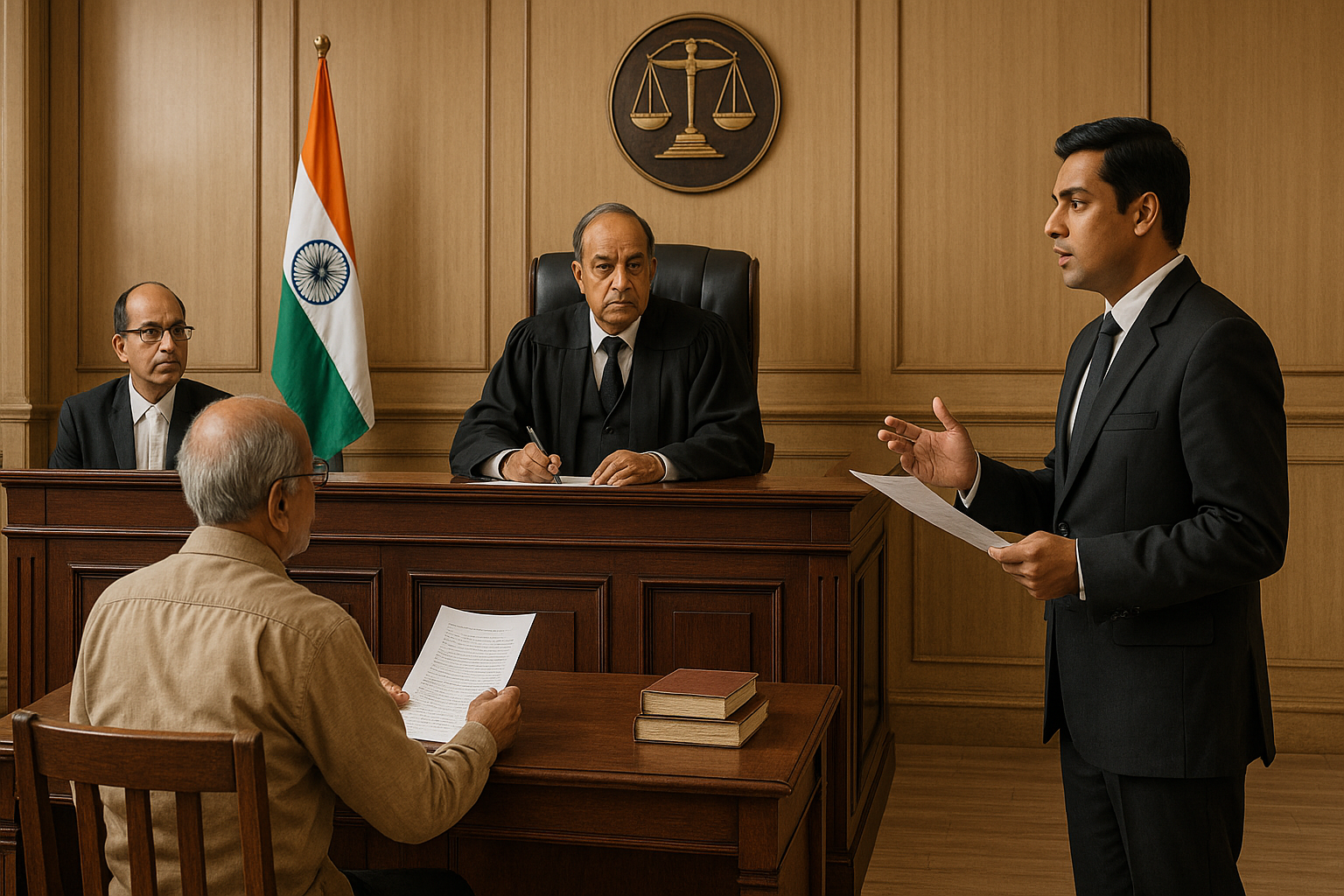Simplified Explanation of the Judgment
In a significant ruling, the Patna High Court has directed Kameshwar Singh Darbhanga Sanskrit University and the State Government to compute the pension of two retired lecturers by counting their entire service period from their initial appointments in 1979–1980, rather than from the date of their permanent appointments in 2002.
Both petitioners were lecturers in affiliated Sanskrit colleges under the said university. They had initially been appointed on sanctioned teaching posts in 1979–1980, and their services were duly approved by the University. They continued working without interruption and eventually got confirmed after the Bihar College Service Commission recommended their names for permanent positions.
Upon retirement at the age of 65, both petitioners sought full retiral benefits under the “Triple Benefit Scheme,” which includes pension, gratuity, and provident fund. Although the university had earlier acknowledged their length of service for pay and promotion purposes, their pension was calculated only from 2002—when they were permanently appointed—resulting in significantly reduced pension amounts.
The petitioners contended that since their initial appointments were made on sanctioned posts and subsequently approved by the University, the entire period should count for pension. They referred to earlier government letters and court rulings that had recognized such temporary service for the purpose of pay fixation and promotion.
The University and State had argued that pension should be calculated only from the permanent appointment date. However, the Court rejected this narrow interpretation, emphasizing that the petitioners’ services were uninterrupted, recognized, and paid for from the government fund.
The Court also noted a similar issue had been resolved earlier in favor of employees in cases such as BR Ambedkar Bihar University Teachers Association v. State of Bihar and Ram Vyas Dubey v. Registrar General, Patna High Court, where it was held that long-term temporary services, when regularized, qualify for pension.
Citing Rule 58 and 59 of the Bihar Pension Rules, 1950, the Court underscored that continuous, government-funded service—even in a temporary capacity—can be treated as pensionable. As a result, the Court found the non-inclusion of the petitioners’ early years of service in pension calculations as unjust.
The High Court has now ordered the authorities to revise the pension of the petitioners from their initial date of appointment, with all consequential benefits, within 12 weeks.
Significance or Implication of the Judgment
This judgment reinforces the principle that continuous, approved service, even if initially temporary, must be considered for pension calculations in government-aided institutions. It protects the rights of long-serving educators from arbitrary exclusions and ensures their retirement benefits are justly calculated. The decision is likely to influence similar cases across Bihar, especially for faculty in affiliated colleges.
For the government, it emphasizes the importance of aligning university administrative actions with previously established legal principles and pension rules. For the academic community, it brings hope of equitable recognition for all years of service.
Legal Issue(s) Decided and the Court’s Decision
- Whether temporary service, later regularized, should be counted for pension purposes.
- Held: Yes. The Court ruled that full length of service from the initial date of appointment must be considered.
- Whether fixation of pension only from the date of permanent appointment is legal.
- Held: No. The Court directed pension to be fixed from initial appointment date due to uninterrupted, government-funded service.
- Applicability of Rule 58 and 59 of the Bihar Pension Rules, 1950.
- Held: The Court affirmed their relevance in allowing pension for continuous temporary service.
Judgments Referred by Parties
- Dr. Kedarnath Pandey v. State of Bihar (CWJC No. 7636 of 2014)
- Dr. (Smt.) Abha Rani v. Magadh University (CWJC No. 511 of 2018)
Judgments Relied Upon or Cited by Court
- B.R. Ambedkar Bihar University Teachers Association v. State of Bihar, (1998) 2 PLJR 103
- Dr. Sureshwar Jha v. State of Bihar, CWJC No. 20310 of 2010
- Registrar General, Patna High Court v. Ram Vyas Dubey, LPA No. 198 of 2016
Case Title
- Dr. Shambhudhar Jha v. Kameshwar Singh Darbhanga Sanskrit University & Ors.
- Dr. Shubha Chandra Mishra v. State of Bihar & Ors.
Case Number
- CWJC No. 516 of 2019
- CWJC No. 12689 of 2023
Citation(s)– 2025 (1) PLJR 94
Coram and Names of Judges
- Hon’ble Mr. Justice Harish Kumar
Names of Advocates and who they appeared for
- Mr. Durga Nand Jha — for Petitioners
- Mr. Prabhakar Jha, GP-27 — for State (CWJC No. 516/2019)
- Mrs. Binita Singh, SC-28, and Mr. Vivek Anand Amritesh — for State (CWJC No. 12689/2023)
- Mr. Deepak Kumar and Mr. Mukund Mohan Jha — for University
Link to Judgment
MTUjNTE2IzIwMTkjMSNO-8antihaUhpw=
If you found this explanation helpful and wish to stay informed about how legal developments may affect your rights in Bihar, you may consider following Samvida Law Associates for more updates.








